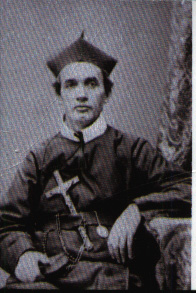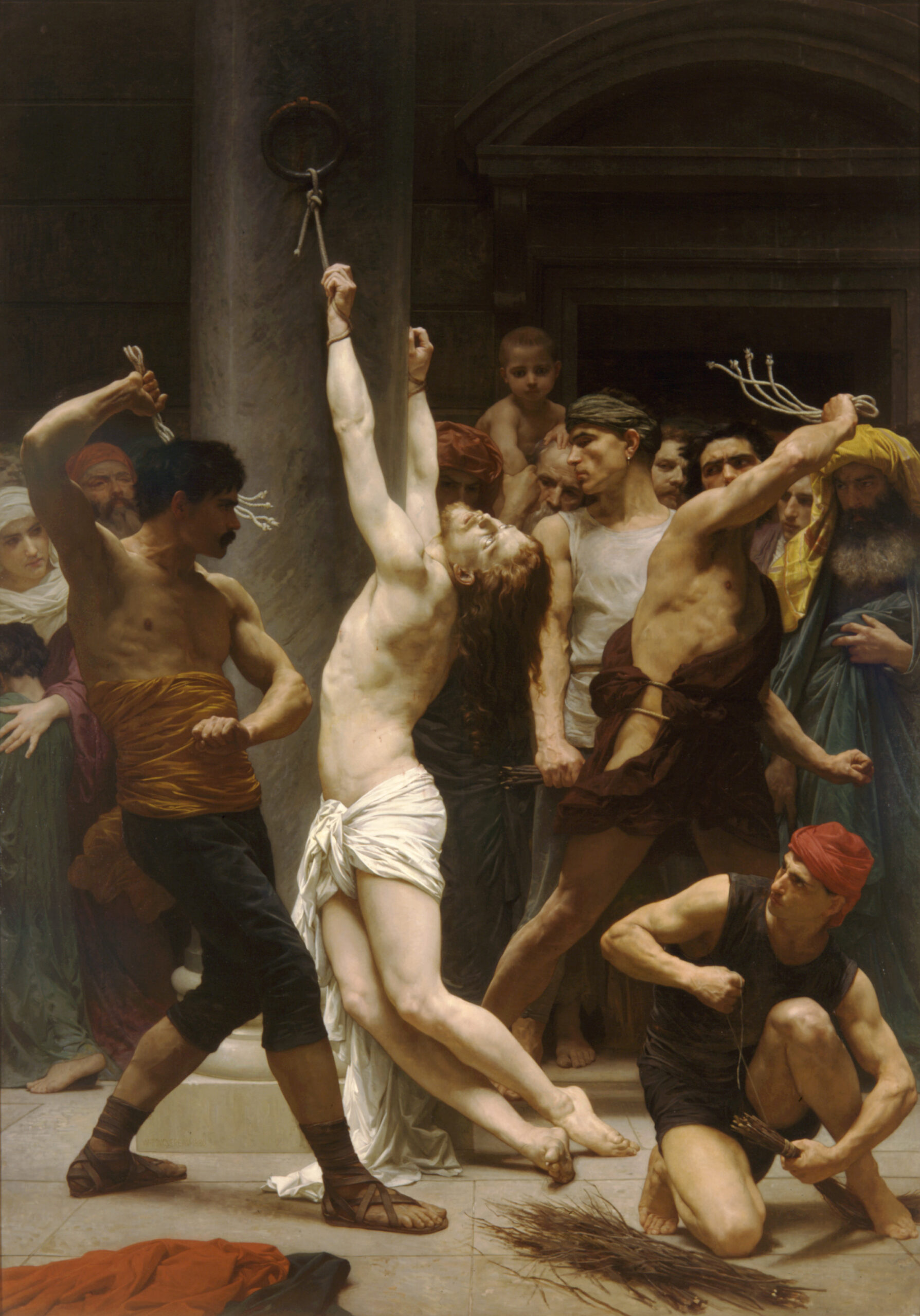No art, no trade, no language can be learned without practice; so, also, prayer cannot be learned without constant exercise. It was only by constant practice that the saints obtained the spirit of prayer.
St. Teresa was accustomed to offer herself to God fifty times in the day. St. Martha used to pray a hundred times in the day, and a hundred times in the night. St. Francis Borgias, also, was accustomed to pray a hundred times every day. St. Philip Neri made a kind of rosary of the words: “O God, come to my aid; O Lord, make haste to help me.” He recited this rosary sixty-three times in the day, and enjoined on his penitents to do the same. St. Gertrude repeated the prayer: “Thy will be done on earth as it is in Heaven,” three hundred and sixty-five times a day.
But how is it possible, you ask, for one to pray so much in the course of the day? St. Alphonsus himself will answer this question.
“Give me,” says he, “a soul that truly loves God, and she will know how to do it.” For a loving soul to think of her Beloved, and to converse frequently and familiarly with Him, is sweet and agreeable.
But you will say: “I cannot pray as much as the saints have done; in order to do this, I should be a saint myself. If I cannot acquire the spirit of prayer unless I do as much as they have done, I must give up all hope of ever acquiring it.” Softly, my friend; have a little patience! Rome was not built in one day. The saints did not acquire the spirit of prayer all at once; the practice of prayer was not natural to them either, at first; but they persevered in it in spite of every obstacle, and were at last raised to a high degree of contemplation.
In order to make rapid progress in prayer, you must imitate those who are earnestly engaged in the study of the sciences, or of the fine arts; you will find that such persons lay aside everything that is not connected with the object of their study. To this object are directed all their thoughts and all their efforts, by day and by night.
Now if you wish to acquire the spirit of prayer in a short time, you, too, must lay aside everything that could hinder you in acquiring this spirit. Give up useless visits, vain and dangerous amusements. You must bid farewell to the ballroom and the theater; you must cast aside those sentimental novels and silly love stories.
If you wish to make rapid progress in the spirit of prayer, you must practice self-denial; you must repress your inordinate inclinations; you must detach your heart from the comforts and pleasures of this life; you must not seek the praise of men, nor desire to do your own will in everything. You must mortify that idle curiosity which prompts you to see and hear everything that passes around you. As long as you do not strive earnestly to detach your heart from everything in this world, you will always have to complain of coldness in prayer, and even of great repugnances to the practices of devotion. You cannot gather grapes from thorns, or figs from thistles. As you sow, so you shall reap. If the wheat which you put into the mill be worthless, so also will the flour which comes from the mill be worthless.
Your heart will be where your treasure is, says Our Lord in the Gospel. The devil is well aware of this truth. In order to prevent you from praying, he will place before your mind, when you are engaged in prayer, those objects to which you are most attached.
This article is taken from a chapter in Prayer: The Key to Salvation by Fr. Michael Mueller, which is available from TAN Books.









